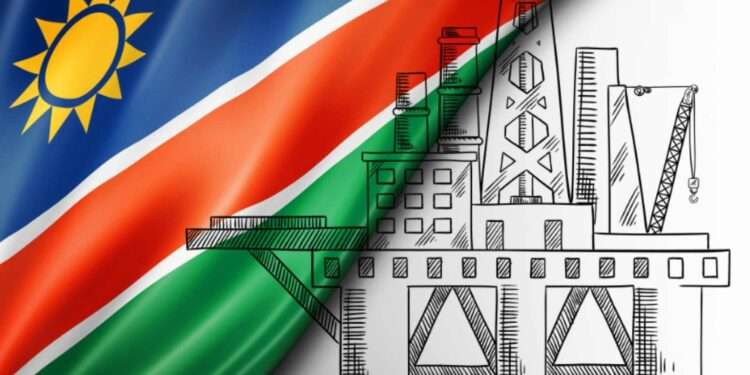The Bank of Ghana (BoG) has reported an exchange loss of GH¢1.82 billion tied to the Government’s Gold-for-Oil Programme, a policy initiative introduced by the previous administration to stabilize fuel prices and reduce foreign exchange pressures.
This loss forms part of the central bank’s GH¢9.49 billion operating deficit for 2024, a reduction from the GH¢13.23 billion loss (restated) in 2023. The financial strain has raised concerns among analysts and policymakers regarding the viability of state-driven gold programs and their impact on Ghana’s economic stability.
While the programme was initially touted as a strategic move to reduce pressure on the country’s foreign exchange reserves and address supply chain constraints, new financial disclosures from the BoG show it has become a costly experiment.
Renowned policy analyst and Vice President of IMANI Africa, Bright Simons, weighed in on the matter. “I am very surprised that people are surprised by reports that the Bank of Ghana made gigantic losses in its Gold-for-Oil program,” he stated in a post on X (formerly Twitter).

“We have mentioned these losses on these pages and in various forums several times in the past.”
Bright Simons, Renowned policy analyst and Vice President of IMANI Africa
Simons referenced several of his prior essays highlighting the risks and inefficiencies associated with Ghana’s state-led gold programmes.
In his view, the financial outcome is the culmination of persistent policy missteps that were widely predicted.
“It is safe to say that all the predictions contained in these pieces have either come true or are bound to come true. It is just what it is.”
Bright Simons, Renowned policy analyst and Vice President of IMANI Africa
Gold-for-Oil: From Hope to Headache

Launched in 2023, the Gold-for-Oil programme aimed to reduce Ghana’s dependency on foreign currency by bartering domestically mined gold for refined petroleum products.
By doing so, the initiative was expected to stabilise the cedi, lower pump prices, and ease inflationary pressure.
However, the BoG’s financials suggest otherwise. Professor Stephen Kwaku Asare, a legal academic and governance advocate, commented on the programme’s fiscal impact.
“By the end of 2024, the Bank had pumped ₵4.69 billion into the Gold-for-Oil program.
“Yet it still posted a ₵1.82 billion loss for the year (up from ₵317 million in 2023).”
Professor Stephen Kwaku Asare, a legal academic and governance advocate
The growing losses ultimately forced the Bank’s board to reassess the programme’s viability. “Faced with mounting losses, the Board decided on 13 March 2025 to pull the plug on the program,” Professor Asare revealed.
The financial strain imposed by the Gold-for-Oil Programme raises broader concerns about Ghana’s economic policy direction.

While the initiative aimed to reduce reliance on foreign exchange for petroleum imports, its execution resulted in significant losses for the central bank.
Analysts argue that the program’s failure underscores the risks associated with commodity-backed trade mechanisms, particularly in volatile global markets.
The Bank of Ghana’s financial disclosures for 2024 paint a complex picture of economic resilience and policy missteps.
While the Gold-for-Oil Programme was intended to provide a strategic solution to Ghana’s foreign exchange challenges, its implementation resulted in significant losses, prompting its termination in early 2025.
As policymakers reflect on these developments, the focus must shift toward sustainable economic strategies that balance fiscal prudence with long-term growth objectives.
The BoG’s commitment to transparency and financial governance remain crucial in navigating Ghana’s economic future.
However, the lessons from the Gold-for-Oil Programme serve as a stark reminder of the risks associated with ambitious policy experiments in an unpredictable global market.
READ ALSO: Fitch Revises 2025 Cedi Forecast to GH¢13/$1, Predicts 12.9% Annual Appreciation



















